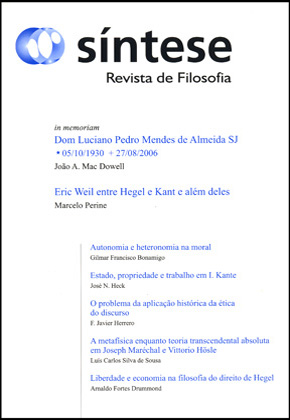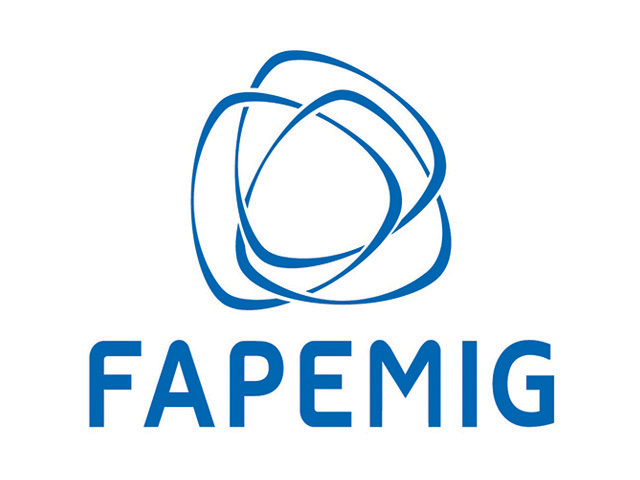AUTONOMIA E HETERONOMIA NA MORAL
DOI:
https://doi.org/10.20911/21769389v33n107p327-354/2006Palavras-chave:
Kant, Lévinas, ética, autonomia, heteronomia.Resumo
Este texto trata da questão do Fundamento da Moral em Immanuel Kant e Emmanuel Lévinas. Percorrendo o caminho kantiano que vai da Crítica da Razão Pura à Crítica da Razão Prática, encontraremos a Autonomia da Liberdade como o ponto decisivo para a compreensão da moralidade no homem; penetrando em Totalidade e Infinito e em De Outro Modo que Ser, desvelaremos com Lévinas a Heteronomia da Alteridade como o elemento que faz da Ética uma Filosofia Primeira. O texto aponta também algumas aproximações possíveis entre Kant e Lévinas, a partir do movimento interno de fundamentação de cada um.
Abstract: This paper deals with the issue of Moral foundation in Immanuel Kant and Emmanuel Levinas. Following the Kantian path that extends from the Critic of Pure Reason to the Critic of Practical Reason, we will argue that the Autonomy of Liberty is the decisive point for the understanding of human morality; with Levinas' Totality and Infinity and Otherwise than Being,on the contrary, we will reveal the heteronomy of Alterity as the element that makes Ethics a Primary Philosophy. The article also seeks to explore some possible connections between Kant and Levinas by looking at the internal grounding movement of both philosophers.


















